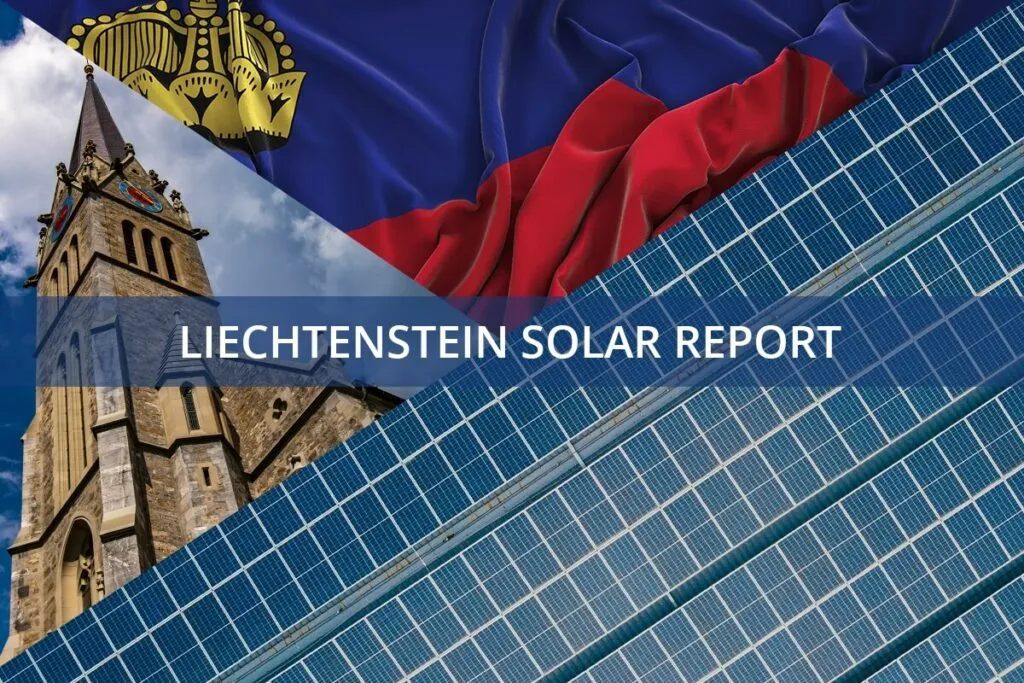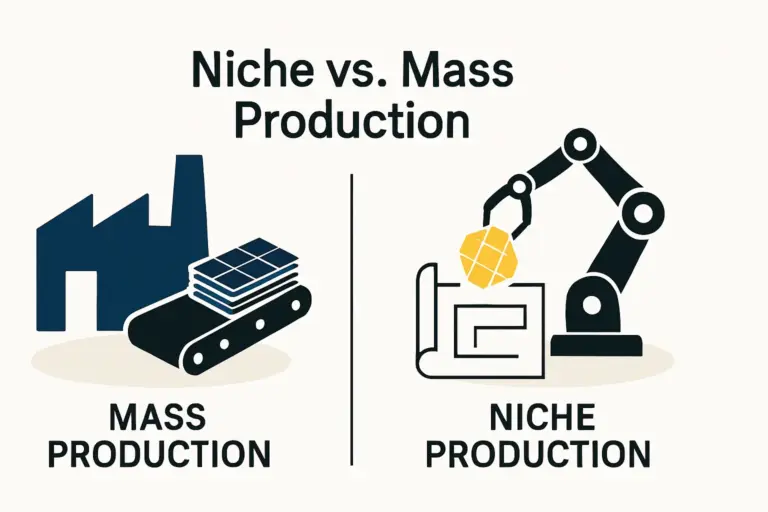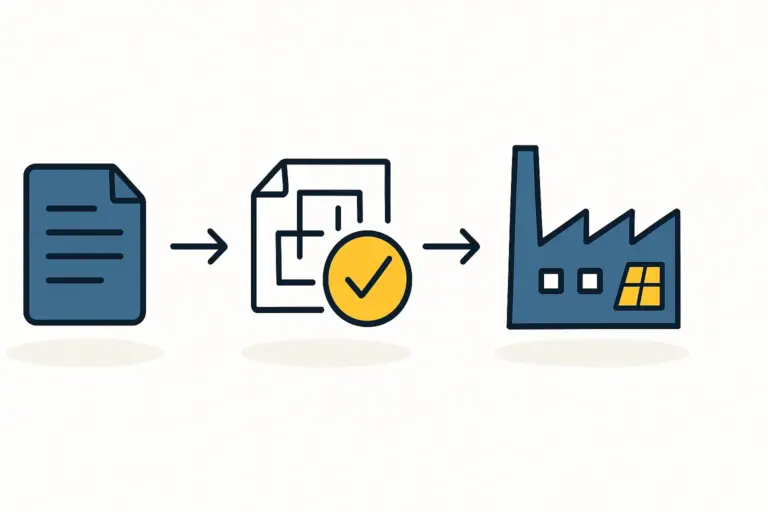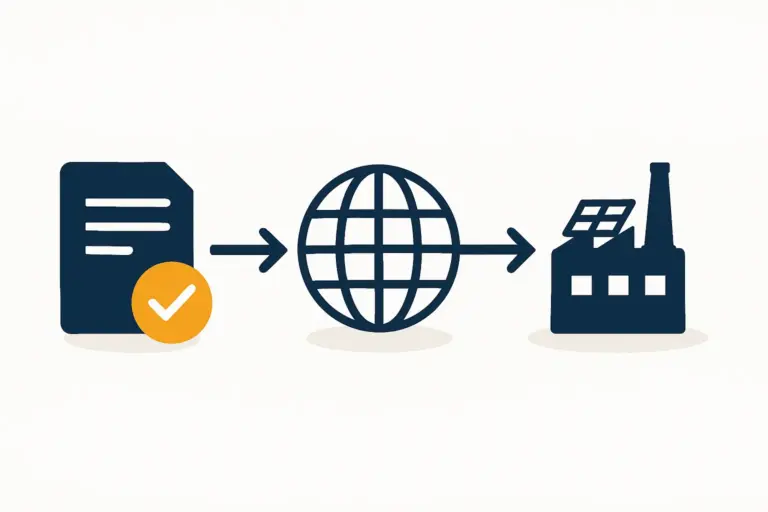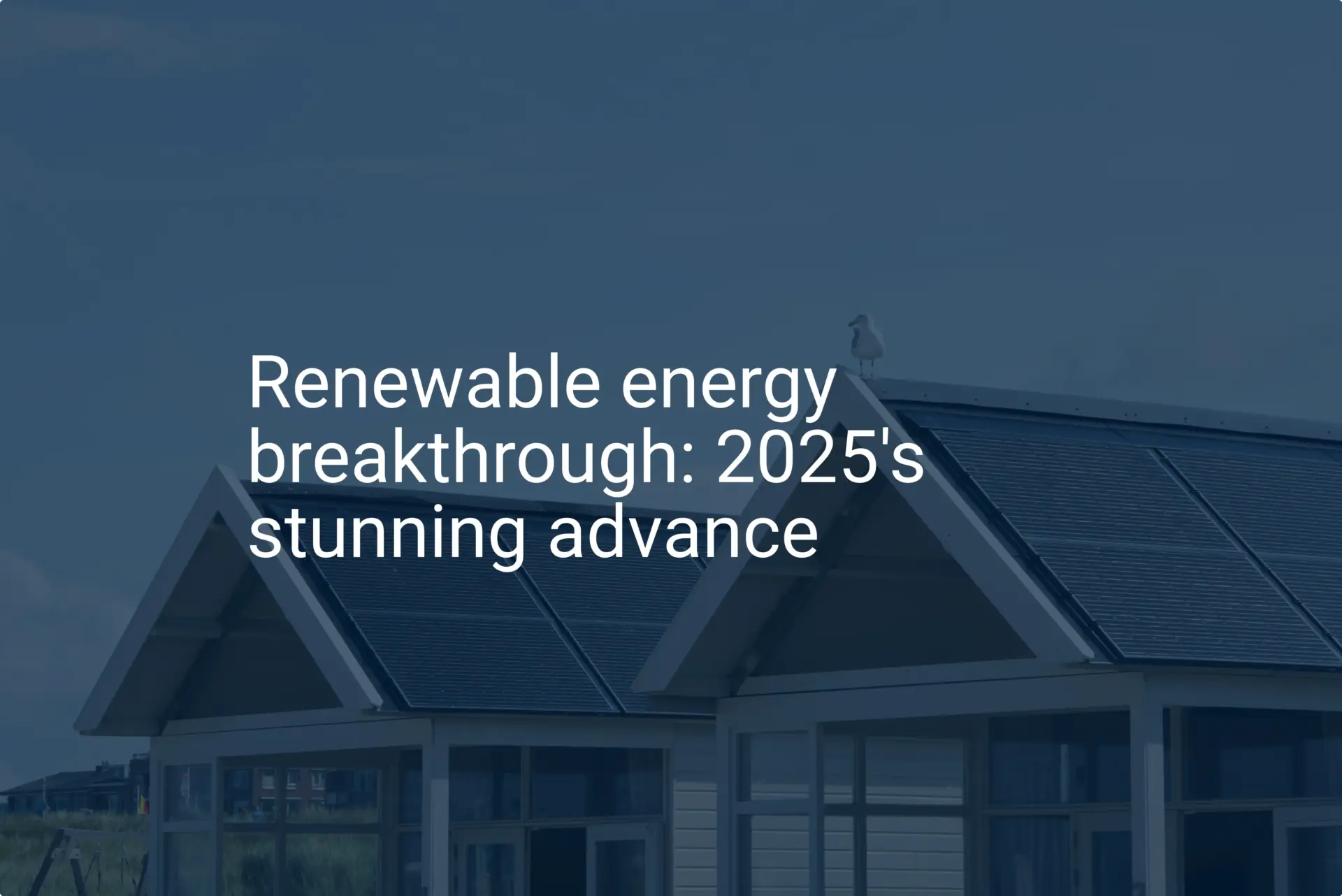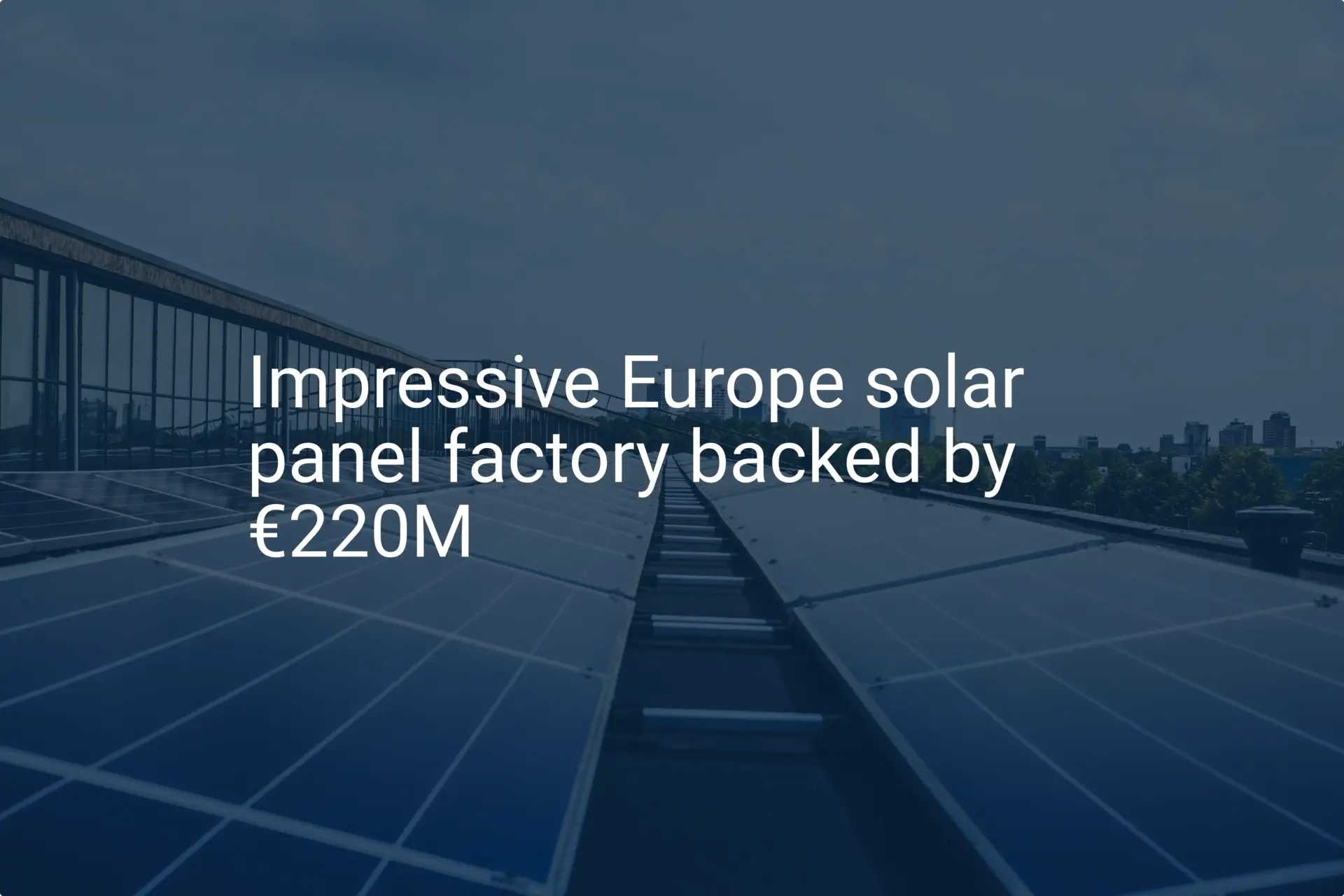For entrepreneurs in the solar manufacturing industry, navigating international trade agreements can be as complex as mastering the technology itself. Tariffs, customs duties, and varying regulations often create significant barriers to market entry.
However, a unique and often-overlooked jurisdiction in the heart of Europe offers a powerful strategic advantage: the Principality of Liechtenstein.
This small nation offers a rare opportunity for a solar module manufacturer to gain tariff-free access to two of the world’s most stable and lucrative markets—the European Union and Switzerland—from a single production base. Here, we outline the mechanics of this dual-access model and what it means for a business looking to establish a foothold in Europe.
The Dual Advantage: The EEA and the Swiss Customs Union
Liechtenstein’s strategic value lies in its unique participation in two separate economic frameworks. This dual status is unlike any other in Europe and is the foundation of its appeal for international manufacturing.
1. Access to the EU Single Market via the EEA
Liechtenstein is a member of the European Economic Area (EEA). This agreement grants it access to the EU’s Single Market, which allows for the free movement of goods, services, capital, and people among member states. For a solar module manufacturer, this means products made in Liechtenstein can be exported to any country in the European Union without tariffs or quantitative restrictions, just as if they were produced in Germany or France.
2. Access to the Swiss Market via a Customs Union
In addition to its EEA membership, Liechtenstein has been in a customs and currency union with Switzerland since the 1920s. This historic treaty effectively removes the trade border between the two nations. Goods produced in Liechtenstein can enter the Swiss market without any customs duties, simplifying logistics and reducing costs for businesses serving Swiss customers.
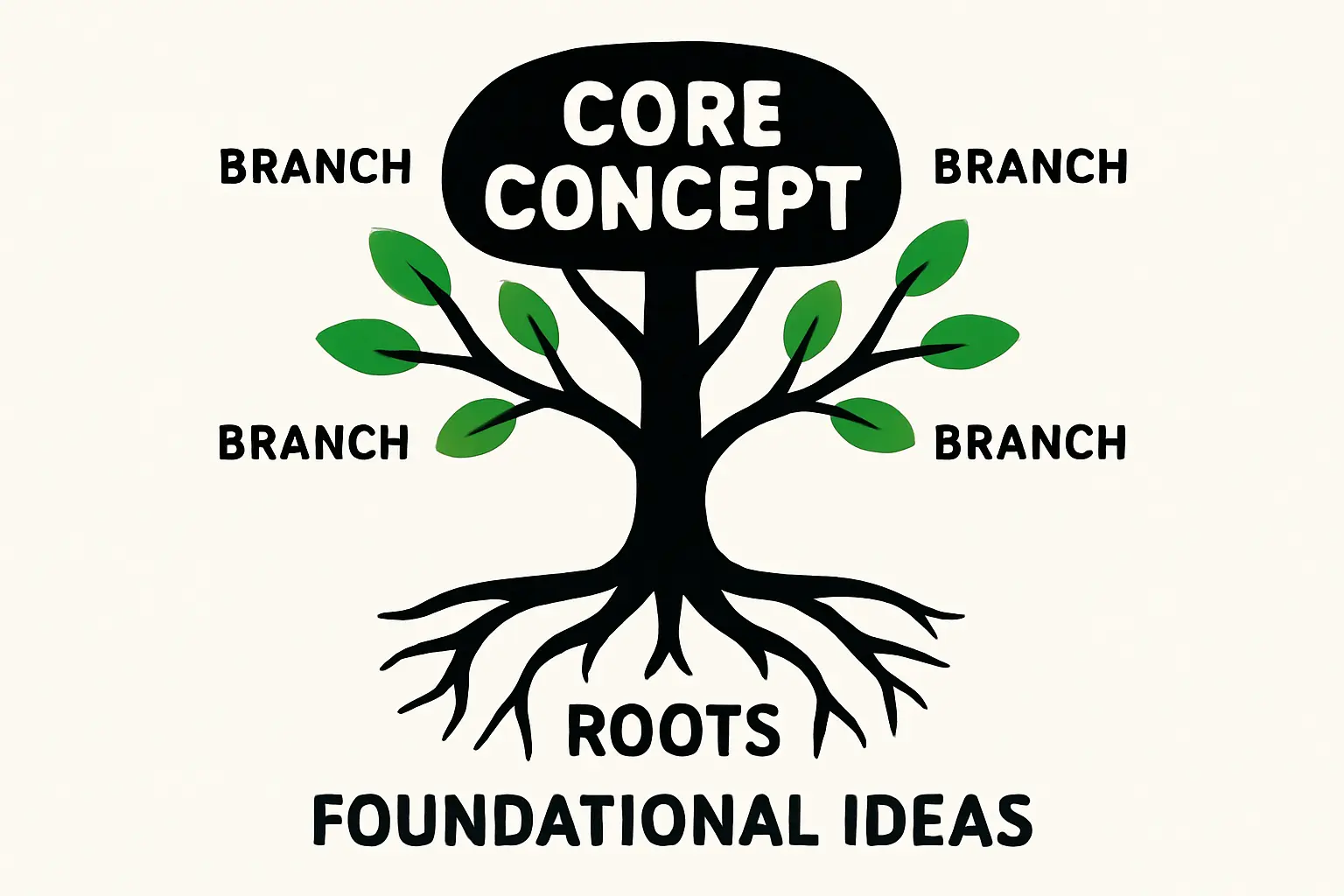
What This Means for Your Solar Manufacturing Business
Establishing a production facility in Liechtenstein allows a company to operate from one central location while serving two distinct economic areas, delivering tangible financial and operational benefits.
Tariff-Free Exports to Two Major Markets
The most significant advantage is financial. By manufacturing in Liechtenstein, a business avoids two major sets of trade barriers:
-
EU Anti-Dumping Tariffs: Solar modules originating from Liechtenstein are not subject to the anti-dumping and anti-subsidy duties that the EU may impose on modules imported from other countries.
-
Swiss Import Tariffs: Exports to the neighboring Swiss market are treated as domestic trade, bypassing all import tariffs.
This dual-market access from a single point of origin offers a substantial competitive edge, allowing for more aggressive pricing strategies and improved profit margins.
Simplified Logistics and Administration
Operating from one facility instead of separate hubs for the EU and Switzerland dramatically reduces administrative complexity. A single inventory, one management team, and a unified production process can serve both markets.
This streamlined model lowers overhead costs and shortens delivery times, making the entire operation more efficient. Experience from J.v.G. turnkey projects, for instance, has shown that logistical simplicity is a critical factor in the early success of a manufacturing venture.
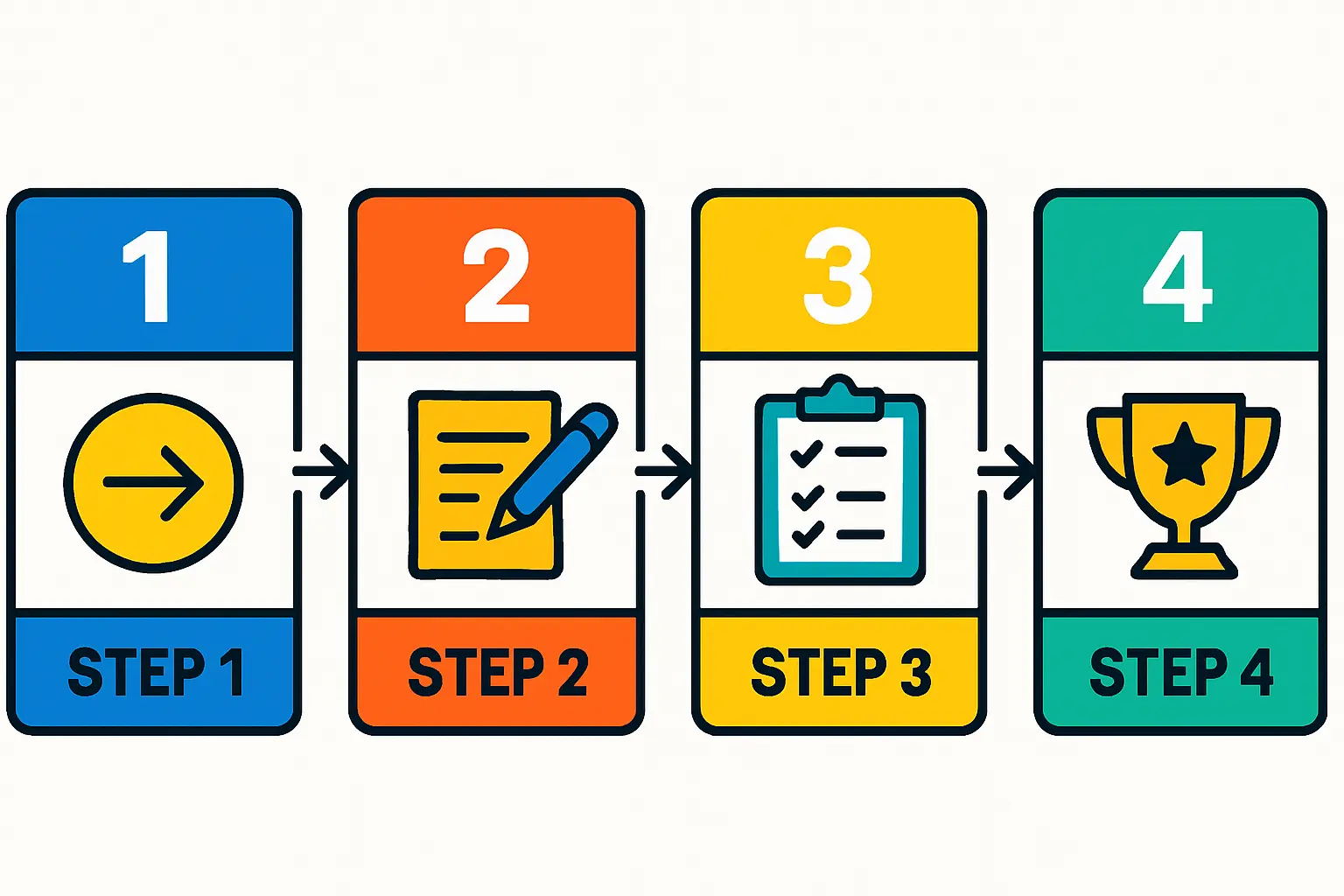
Navigating the ‘Rules of Origin’
The key to these benefits lies in complying with the ‘Rules of Origin’. Both the EEA agreement and the Swiss customs treaty require that products must genuinely ‘originate’ in Liechtenstein to qualify for tariff-free treatment. This is a critical detail for any potential investor.
Simply assembling pre-fabricated components shipped from a non-EU/non-Swiss country is often insufficient. To meet the criteria, the product must undergo a ‘substantial transformation’ within Liechtenstein. For solar modules, this means the core manufacturing processes must take place locally.
A compliant solar module production line would typically perform critical steps such as:
-
Cell Stringing and Tabbing: Assembling individual solar cells into strings.
-
Layup and Lamination: Arranging the strings, encapsulants, and glass before heating and pressing them into a durable module.
-
Framing and Junction Box Assembly: Finishing the module to prepare it for installation.
The production process must add significant value within the EEA/Swiss economic area. Designing the factory layout and process flow to meet these legal requirements from day one is essential for the venture’s success.

Frequently Asked Questions About Manufacturing in Liechtenstein
Is Liechtenstein a member of the European Union?
No, Liechtenstein is not a member of the EU. It is a member of the European Economic Area (EEA), which gives it access to the EU’s Single Market without being part of the political union.
What are the primary ‘Rules of Origin’ requirements?
While specific rules can be complex, the general principle is that the product must undergo a significant manufacturing process in Liechtenstein. For solar modules, this means transforming raw materials and components (like cells, glass, and encapsulant) into a finished product. The value added locally is a key factor.
Does this strategy protect against EU anti-dumping tariffs?
Yes. A solar module certified as having Liechtenstein origin is considered an EEA product. It is therefore not subject to anti-dumping duties the EU has placed on modules imported from specific third countries.
How does this compare to manufacturing directly in the EU or Switzerland?
A factory in an EU country would have seamless access to the EU market but would face customs procedures and potential tariffs when exporting to Switzerland. Conversely, a factory in Switzerland would serve the Swiss market easily but face EU trade barriers. Liechtenstein is the only location that eliminates both hurdles simultaneously.
A Strategic Gateway to Europe’s Solar Markets
For the international entrepreneur or investor, Liechtenstein offers a unique and highly efficient gateway to Europe’s most important solar markets. Its stable political climate, strong legal framework, and unparalleled dual-market access create a compelling business case.
However, capitalizing on this opportunity requires meticulous planning. The success of such a venture depends on designing a production facility that not only manufactures high-quality modules but also adheres strictly to European Rules of Origin.
For entrepreneurs planning a turnkey solar module factory, understanding these regulatory details from the outset is critical for long-term success.


